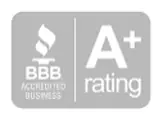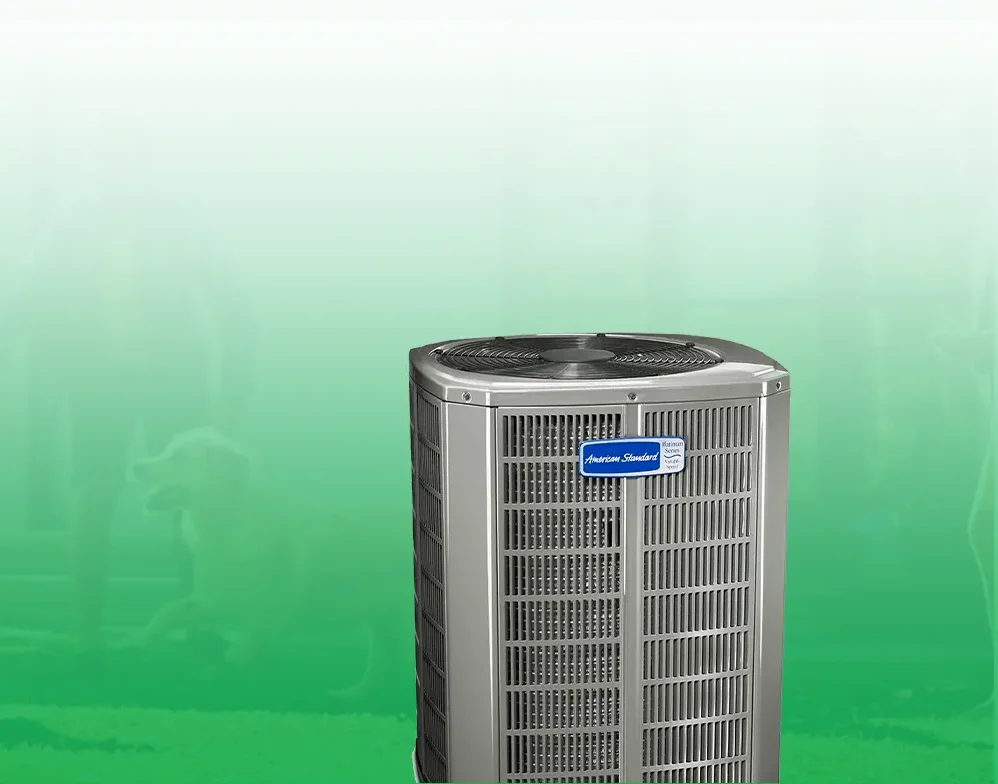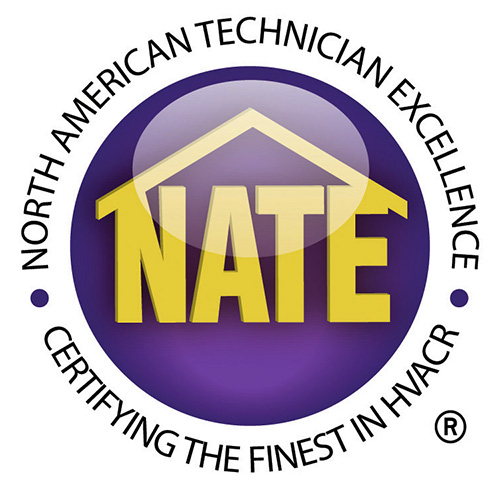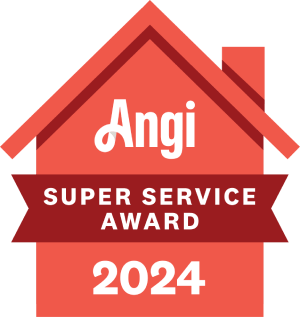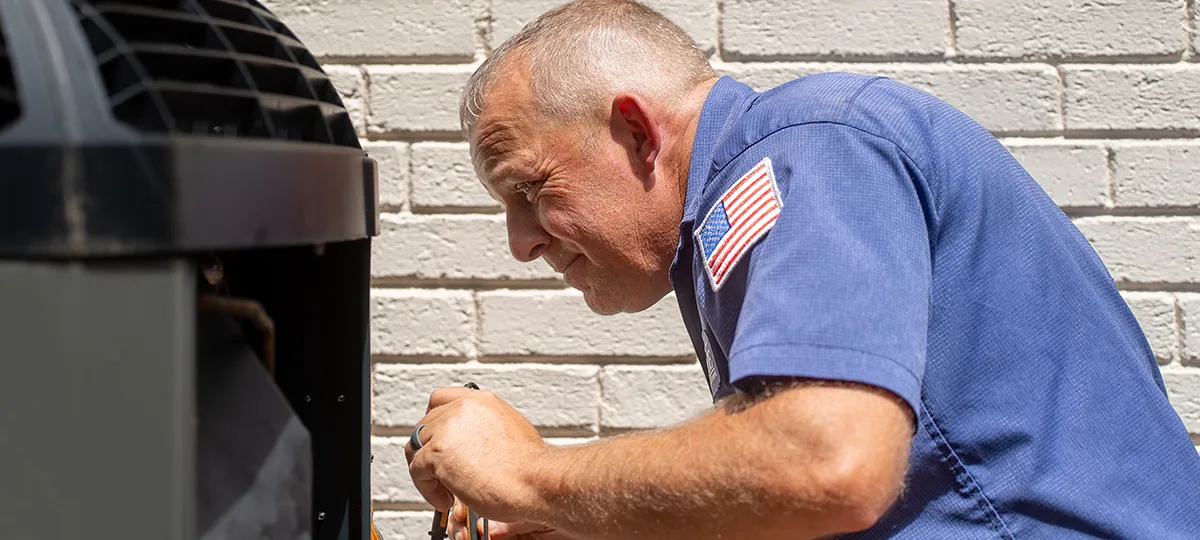When it comes to heating, ventilation, and air conditioning (HVAC) systems, understanding local regulations is crucial for homeowners and businesses alike. These rules ensure safety, efficiency, and environmental responsibility. Let’s dive into the key aspects of local HVAC regulations, including licensing requirements, permits, energy standards, building codes, and environmental considerations.
Understanding Local HVAC Licensing Requirements
- Why Licensing Matters: HVAC licensing ensures that technicians have the necessary skills and knowledge to perform their work safely and effectively. It protects consumers from unqualified individuals and substandard work.
- How to Check for Licensing: Always verify that your HVAC technician is licensed. You can usually do this through local government websites or licensing boards.
- Benefits of Hiring Licensed Technicians: Licensed professionals are more likely to adhere to industry standards, use quality materials, and provide reliable services. This not only ensures the longevity of your HVAC system but also provides peace of mind.
Permits and Inspections: What You Need to Know
- The Role of Permits: Permits are required for most HVAC installations, replacements, and major repairs. They ensure that the work complies with local building codes and safety standards.
- Inspection Process: After the work is completed, an inspection is usually required to verify that the installation meets all regulatory requirements. This step is crucial for ensuring the safety and efficiency of your HVAC system.
- Avoiding Penalties: Failing to obtain the necessary permits and inspections can result in fines, voided warranties, and issues when selling your property.
Energy Efficiency Standards and Regulations
Benefits of Complying with Standards: Investing in energy-efficient HVAC systems can lead to significant cost savings over time and may also qualify you for rebates and incentives.
Importance of Energy Efficiency: Energy efficiency standards are designed to reduce energy consumption, lower utility bills, and minimize environmental impact.
Local Regulations: Different regions have specific regulations regarding the minimum efficiency standards for HVAC systems. These can include requirements for Energy Star-rated equipment or specific Seasonal Energy Efficiency Ratio (SEER) ratings.




